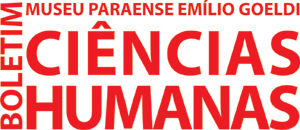Abstract
The Colônia Blasiana was an educational institution created to accommodate orphaned black children freed by the Free Womb Law. It took on the modelo f the Imperial Institute Fluminense of Agriculture. In this study, we investigated the possibility that the colônia Blasiana has been a reference for the modernization of agriculture in Goiás as well as whether it constituted a space for scientific knowledge production in the Brazilian ‘Planalto Central’. Indeed, its contribution was importante because it introduced modern agricultural practices such as irrigation; planting in rows; introduction and acclimatization of plant and domestic animals not native of the savanna; cattle breeding in the stables; disease cure cattle etc., based on scientific knowledge of its director, Joseph de Mello Álvares, a self-taught man versed on various subjects. It has not been possible to evaluate the impact of the institution in agriculture and livestock in the region. The hypothesis that Colônia Blasiana was an establishment producer of scientific knowledge was not proven. Although there was a good library with current scientific literature on the subject, the lack of qualified researchers and curriculum guide with clearly defined programs was an obstacle. It wasn´t possible either to determine if the acclimatization were held with scientifically controlled experiments.
Keywords
Colonia Blasiana; Modern agriculture; Goiás; Nineteenth century
